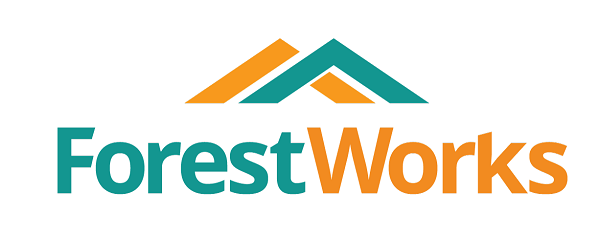Draft Four Year Work Plans for our industry training packages are now available for feedback.
Four Year Work Plans provide notice to industry, training providers and government about what skills standards and qualifications are being considered for future development.
Details of the key priority skill needs identified in each work plan is provided below.
View draft Work Plan for Forest and Wood Products and provide feedback
View draft Work Plan for Pulp and Paper and provide feedback
The Work Plans are developed by Industry Reference Committees (IRCs) in consultation with industry. ForestWorks supports the IRCs for forest, wood products and pulp and paper industries, via arrangements with Skills Impact.
Should you have any queries or would like to discuss the work plans, please feel free to contact Antoinette Hewitt, Contract Manager, on 03 9326 3500 orahewitt@forestworks.com.au.
Forest and Wood Products Four Year Work Plan
Key skill priorities identified relate to new and emerging technologies and the skills required to utilise these.
Forest Management and Harvesting
- Skills standards to support the use of geospatial technologies for a range of silviculture operations and fire management planning.
- Skills standards to support the use of electronic control systems on a wide range forest operations equipment and optimisation software, to enable mechanical harvesters to maximise product yields, recover value and minimise waste.
- Agroforestry skills standards to enhance agricultural production and biodiversity and control land degradation, as well as manage harvesting and sale of wood products.
- Skills standards that focus on safety practices are required for arboriculture activities.
- Skills standards for tree genetics, nutritional work and silvicultural methods are required to support sustainability and productivity.
- New skill standards are needed to support operators who manage production and wood flow through optimisation software programs that integrate with specialised harvesting heads. Skills are also needed to optimise log production in the areas of forwarding, stacking marking and grading and loading of logs.
- New skill standards are required to support operators undertaking mechanical fuel reduction, as an alternative to burning off.
- Updated Units of Competency required in response to new equipment, processes and products including flail equipment in mobile chipping, use of self-loading and truck mounted cranes and skills for mechanical falling of plantation timber.
- Skills standards for use of cording and matting on log extraction tracks in hardwood native forests will support operators to minimise the impact of machinery in forest areas.
- Sawmilling and Processing
- Skills standards to respond to the range of new and emerging technologies involving advanced timber grading/screening (using CAT scanner and laser technology) and automated transfer systems between different process sequences.
- Qualifications needed to reflect the emergence of new CNC and CAM centres, sophisticated measuring, workflow processes and advancements in material technologies.
- Skills standards for specialist skills required to rapidly adjust cutting processes for small diameter logs.
- Skills standards to reflect new techniques and processes for timber drying.
Pulp and Paper Manufacturing Draft Four Year Work Plan
The Pulp and Paper Four Year Work Plan identifies key priority skill needs in leadership, innovation and change management. These skills are required at all levels in the context of driving change in an organisation both drive top down and bottom up. They are required in the context of an international trade exposed industry with large capital outlays at risk of closure due to exchange rates.
In addition, the skills priory for the industry sector relate to leadership skills at AQF III level to provide lead assistant operator by providing change management and critical thinking; knowledge and operational capacity gaps related to pulp and paper technology, from line management through to team leaders; value chain logistics of paper products; and modern/environmental pulp de-inking and bleaching methods in an environment of sustainability requirements and lean principles.
